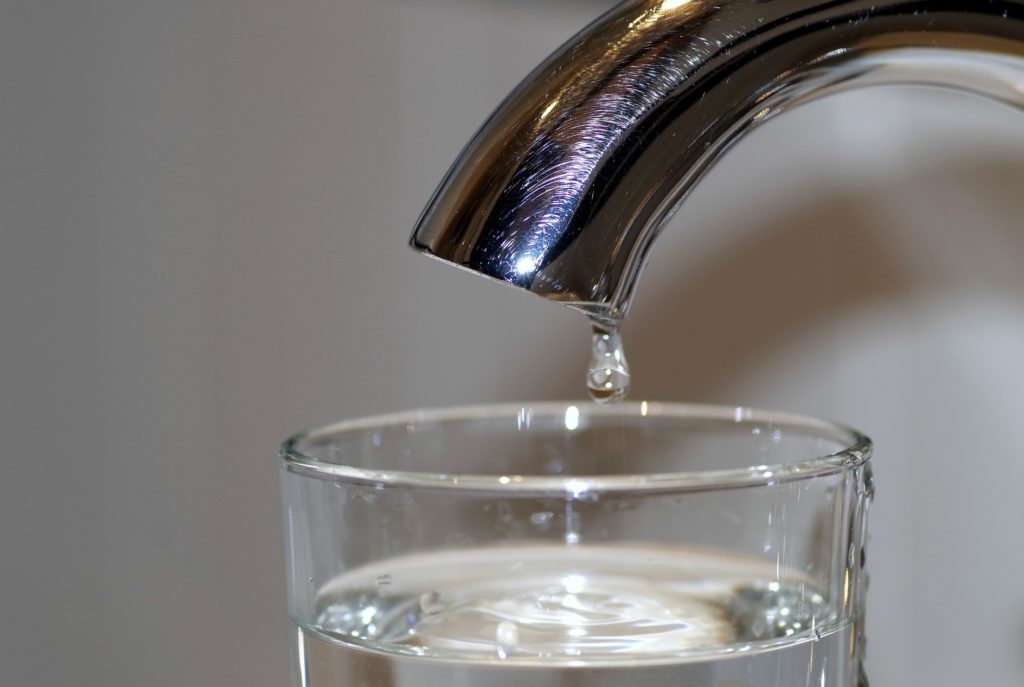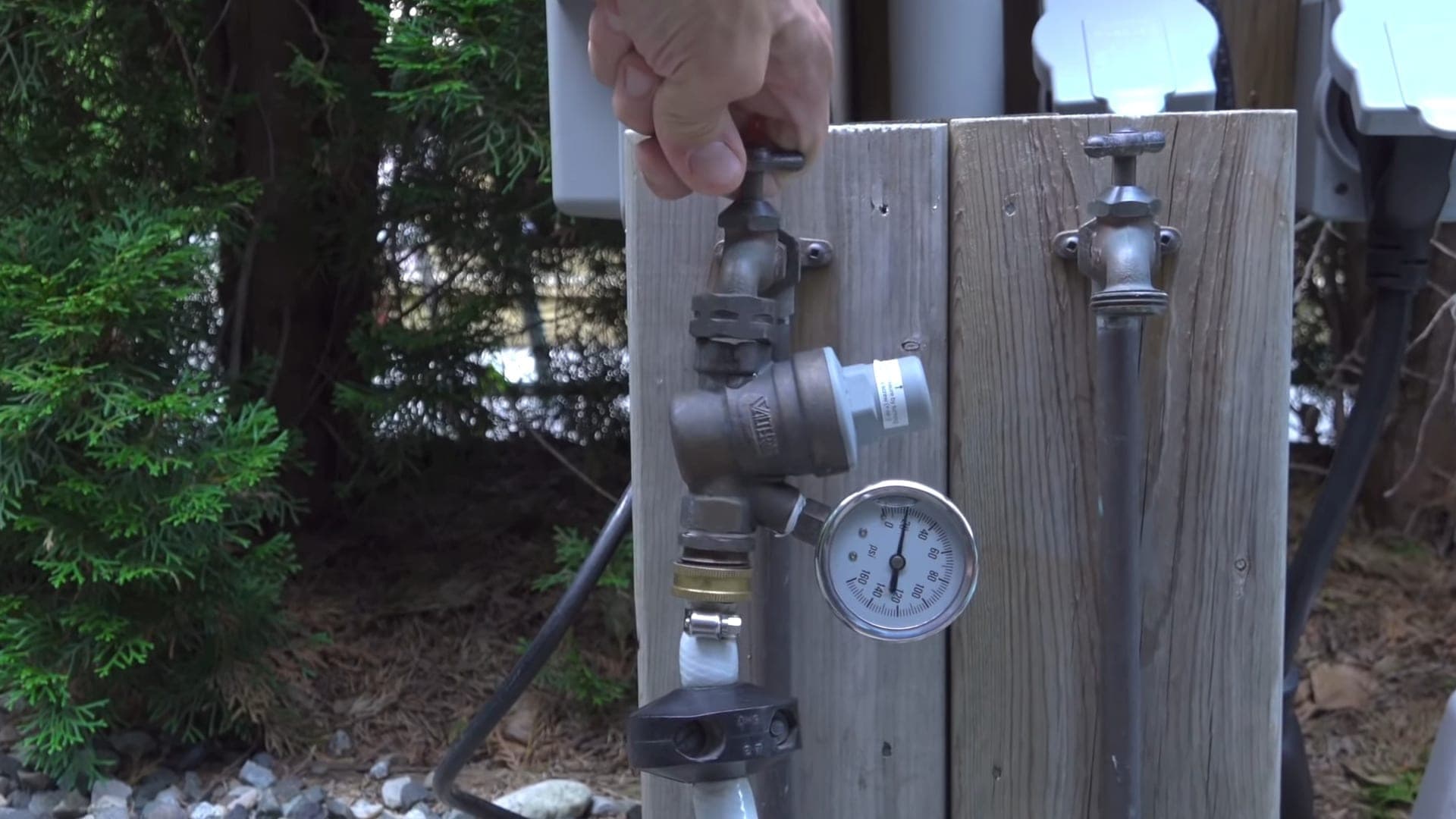Proven Tactics for Solving Low Water Pressure in Your Home
Proven Tactics for Solving Low Water Pressure in Your Home
Blog Article
Are you looking for advice on Dealing with Low Water Pressure in Your Home?

Low water stress in your home can be an irritating trouble, impacting whatever from showering to washing meals. If you're experiencing weak water flow, there are several possible causes and options to discover. In this guide, we'll talk about usual reasons for low water pressure and sensible actions to resolve the concern efficiently.
Introduction to Low Water Stress
Low tide stress happens when the flow of water from your taps, showers, and various other fixtures is weak than usual. This can make daily jobs a lot more tough and less reliable. Recognizing the sources of low water pressure is vital to discovering the right solution.
Typical Sources Of Low Tide Pressure
Pipe Obstructions
Gradually, pipes can come to be blocked with mineral deposits, debris, or particles, limiting the circulation of water. This is a common problem in older homes with galvanized steel pipelines.
Corrosion
Rust within pipelines can lead to leaks and reduced water pressure. Rust accumulation can constrict water circulation, specifically in aging plumbing systems.
Faulty Pressure Regulators
Pressure regulatory authorities are responsible for preserving constant water pressure in your house. If they malfunction, it can cause low water stress or irregular circulation throughout your house.
Metropolitan Supply Of Water Issues
Often, the trouble lies outside your home. Local water concerns, such as main line leaks or maintenance work, can briefly decrease water stress in your location.
How to Detect Low Water Stress
Examining Faucets and Components
Start by checking the water pressure at different faucets and components throughout your home. If the problem is separated to details areas, it might show localized problems.
Inspecting Pipelines
Inspect visible pipes for indicators of leaks, rust, or blockages. Take note of any kind of uncommon audios, such as knocking or rattling pipes, which could show issues within the plumbing system.
Consulting with a Plumber
If you're unable to pinpoint the reason for low water pressure, think about working with a specialist plumber to carry out a detailed inspection. They can determine underlying issues and suggest suitable remedies.
Do It Yourself Solutions to Take Care Of Low Water Pressure
Cleansing Aerators and Showerheads
Mineral deposits can build up in aerators and showerheads, lowering water flow. Eliminate and clean up these elements on a regular basis to improve water pressure.
Flushing Hot Water Heater
Sediment build-up in the water heater can limit flow and decrease effectiveness. Purging the storage tank periodically helps get rid of debris and keep optimal performance.
Examining Stress Regulator
Make certain that the pressure regulatory authority is operating correctly. Adjusting or replacing the regulatory authority can assist bring back appropriate water stress throughout your home.
Clearing Up Clogs in Piping
For minor obstructions, attempt using a plumbing snake or chemical drain cleaner to clear blockages in pipelines. Beware when using chemicals and adhere to safety and security standards.
When to Call an Expert Plumber
If do it yourself efforts fail to fix the issue or if you presume significant plumbing issues, it's finest to seek help from an accredited plumber. They have the proficiency and devices to resolve complex concerns safely and effectively.
Preventive Measures to Maintain Water Stress
Routine Upkeep
Arrange routine maintenance for your plumbing system to avoid concerns such as deterioration, leaks, and blockages. Dealing with small issues early can aid stay clear of more significant repairs later on.
Setting Up a Stress Booster
Think about setting up a stress booster pump to enhance water pressure in locations with consistently reduced circulation. This can be especially advantageous for multi-story homes or properties with high-demand components.
Tracking Water Usage
Bear in mind water use behaviors and stay clear of overtaxing the plumbing system. Simple adjustments, such as incredible showers and laundry tons, can aid preserve ample water pressure.
Verdict
Managing low tide stress can be frustrating, but identifying the underlying reasons and applying ideal remedies can recover ideal circulation throughout your home. Whether it's cleaning aerators, inspecting pipes, or speaking with a plumber, taking aggressive actions can guarantee a constant supply of water for your day-to-day needs.
HOW TO FIX LOW WATER PRESSURE IN YOUR HOUSE (EXPERT GUIDE)
The morning shower lacking any real pressure? Bathtub taking hours to fill? Or maybe you’re dissatisfied with the inadequate performance from your combi boiler?
Then you, like millions of others across the UK, might be experiencing low water pressure.
Fortunately, the good news is that you don’t have to continue living this way. The cause of low water pressure in the home is often quite simple, and you may not even require a plumber to fix the problem.
What causes low water pressure in the house?
If you are experiencing issues with water pressure throughout your home, then you may have one of the problems outlined below.
Most of these problems can be fixed quite easily, but for others, you may need to contact a plumber.
Obstructed Shutoff Valve
If you’ve just bought a new home or recently had building work conducted on your property, there is a chance that your water valves were not fully opened.
If the water valve is partially closed, then you may be restricting the amount of water entering your home. To fix this, simply ensure the valve is fully open.
If the valve appears fully open but you are still encountering reduced water pressure, then the valve may be broken. If this is the case, do not under any circumstances try to fix it without proper training.
Often found under your kitchen sink, a water valve will usually look like a bright yellow handle.
Again, if you believe the water valve is broken, contact a plumber immediately.
Leaks in Your Water Pipes
Leaks are the worst-case scenario when it comes to low water pressure.
If the water pipes are damaged, then this will cause low water pressure, as not all the water will make it to your taps.
After you’ve checked to see if the valve is fully open, you can conduct a leak check of your home. Now, this may seem scary, but it is actually quite simple.
Clogged Water Pipes
Clogged water pipes are one of the most common causes of low water pressure.
These clogs usually build-up when your home is supplied water via iron pipes. Iron is particularly vulnerable to rusting which can then break off and cause an obstruction within your system. You also face the problem of things like dirt, gravel or sand entering creating mineral deposits which further block water flowing from the mains water supply.
Unfortunately, if you suspect that clogged pipes may be restricting your water supply, then you will need to contact a plumber.
In this situation, you will either need to have your pipes removed and cleaned or in more severe cases, you could require a new set of water pipes.
Designer Taps
Designer taps look fantastic, but are they built to be efficient in your plumbing system? Modern taps are built for modern homes and they often have lower flow rates that are specifically designed for use within high-pressure systems.
Install a Water Pressure Booster Pump
If the issue is simply that the mains water pressure supply is too low, the simplest fix is to invest in a booster pump. Found in homes of all shapes and sizes, booster pumps are a relatively cheap option to add extra pressure to your home.
Designed to increase water pressure by passing water into the pump from your mains supply and then ejecting it into your home water system at a higher pressure, a booster pump is a truly simple and effective solution to increasing water pressure.
https://www.anchorpumps.com/blog/the-plumbers-guide-to-fixing-low-water-pressure/

HOW TO FIX LOW WATER PRESSURE IN YOUR HOUSE (EXPERT GUIDE)
The morning shower lacking any real pressure? Bathtub taking hours to fill? Or maybe you’re dissatisfied with the inadequate performance from your combi boiler?
Then you, like millions of others across the UK, might be experiencing low water pressure.
Fortunately, the good news is that you don’t have to continue living this way. The cause of low water pressure in the home is often quite simple, and you may not even require a plumber to fix the problem.
What causes low water pressure in the house?
If you are experiencing issues with water pressure throughout your home, then you may have one of the problems outlined below.
Most of these problems can be fixed quite easily, but for others, you may need to contact a plumber.
Obstructed Shutoff Valve
If you’ve just bought a new home or recently had building work conducted on your property, there is a chance that your water valves were not fully opened.
If the water valve is partially closed, then you may be restricting the amount of water entering your home. To fix this, simply ensure the valve is fully open.
If the valve appears fully open but you are still encountering reduced water pressure, then the valve may be broken. If this is the case, do not under any circumstances try to fix it without proper training.
Often found under your kitchen sink, a water valve will usually look like a bright yellow handle.
Again, if you believe the water valve is broken, contact a plumber immediately.
Leaks in Your Water Pipes
Leaks are the worst-case scenario when it comes to low water pressure.
If the water pipes are damaged, then this will cause low water pressure, as not all the water will make it to your taps.
After you’ve checked to see if the valve is fully open, you can conduct a leak check of your home. Now, this may seem scary, but it is actually quite simple.
Clogged Water Pipes
Clogged water pipes are one of the most common causes of low water pressure.
These clogs usually build-up when your home is supplied water via iron pipes. Iron is particularly vulnerable to rusting which can then break off and cause an obstruction within your system. You also face the problem of things like dirt, gravel or sand entering creating mineral deposits which further block water flowing from the mains water supply.
Unfortunately, if you suspect that clogged pipes may be restricting your water supply, then you will need to contact a plumber.
In this situation, you will either need to have your pipes removed and cleaned or in more severe cases, you could require a new set of water pipes.
Designer Taps
Designer taps look fantastic, but are they built to be efficient in your plumbing system? Modern taps are built for modern homes and they often have lower flow rates that are specifically designed for use within high-pressure systems.
Install a Water Pressure Booster Pump
If the issue is simply that the mains water pressure supply is too low, the simplest fix is to invest in a booster pump. Found in homes of all shapes and sizes, booster pumps are a relatively cheap option to add extra pressure to your home.
Designed to increase water pressure by passing water into the pump from your mains supply and then ejecting it into your home water system at a higher pressure, a booster pump is a truly simple and effective solution to increasing water pressure.
https://www.anchorpumps.com/blog/the-plumbers-guide-to-fixing-low-water-pressure/
We had been shown that article about 4 Ways to Troubleshoot Low Water Pressure through a buddy on a different web property. Those who enjoyed reading our page kindly consider to share it. We cherish your readership.
Click Here Report this page